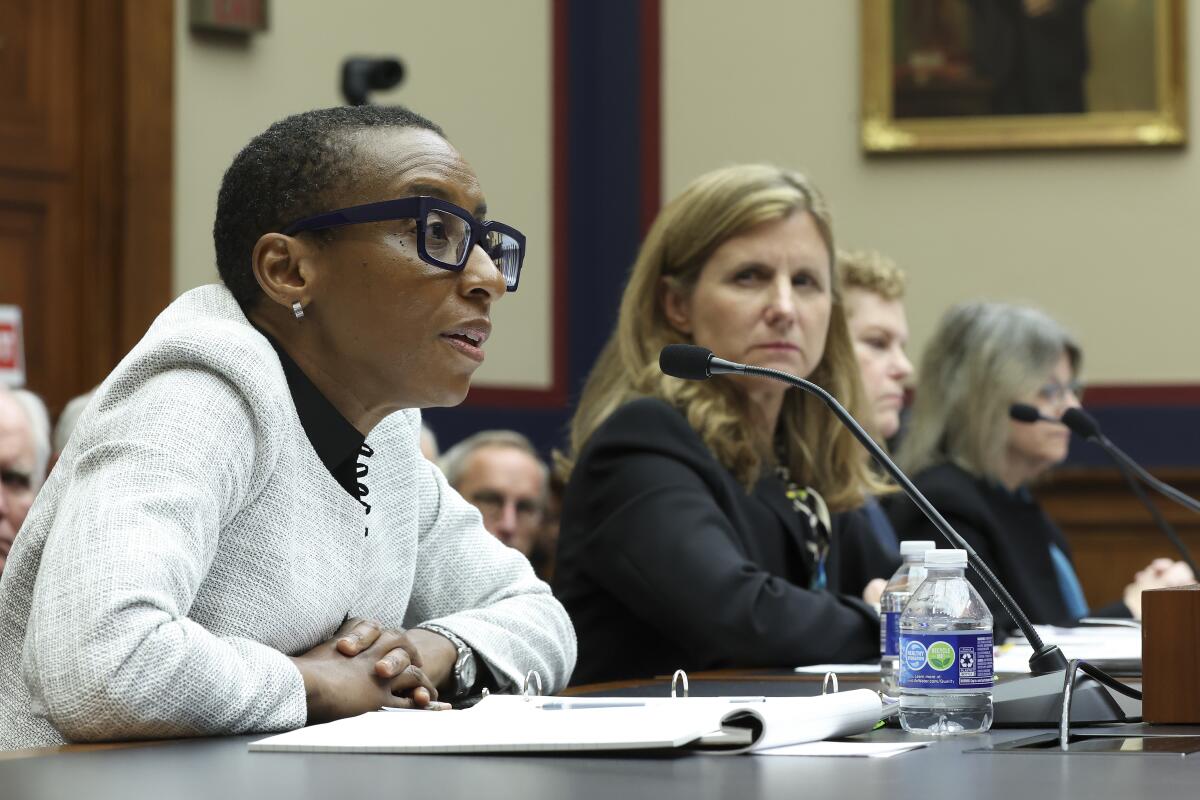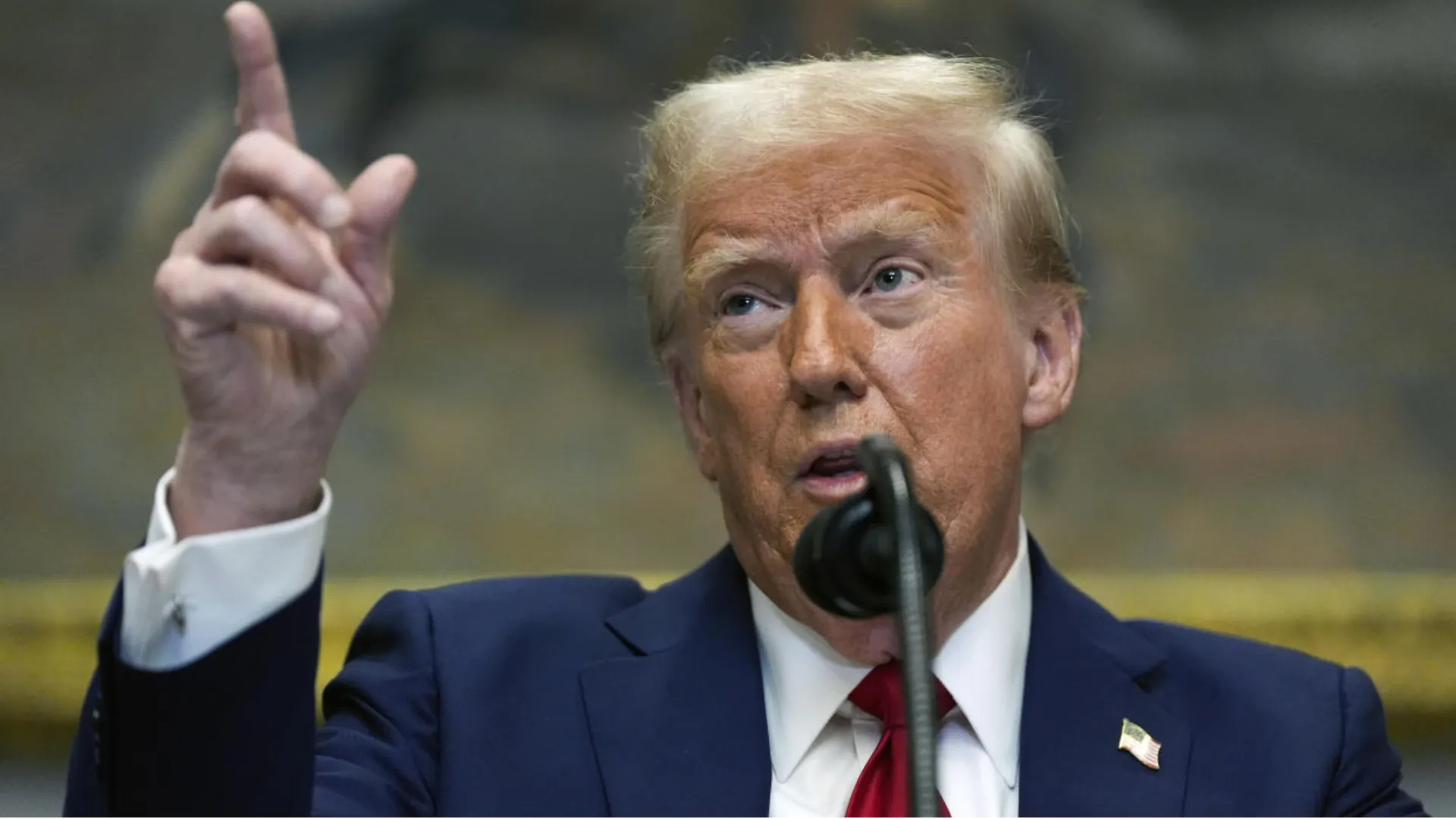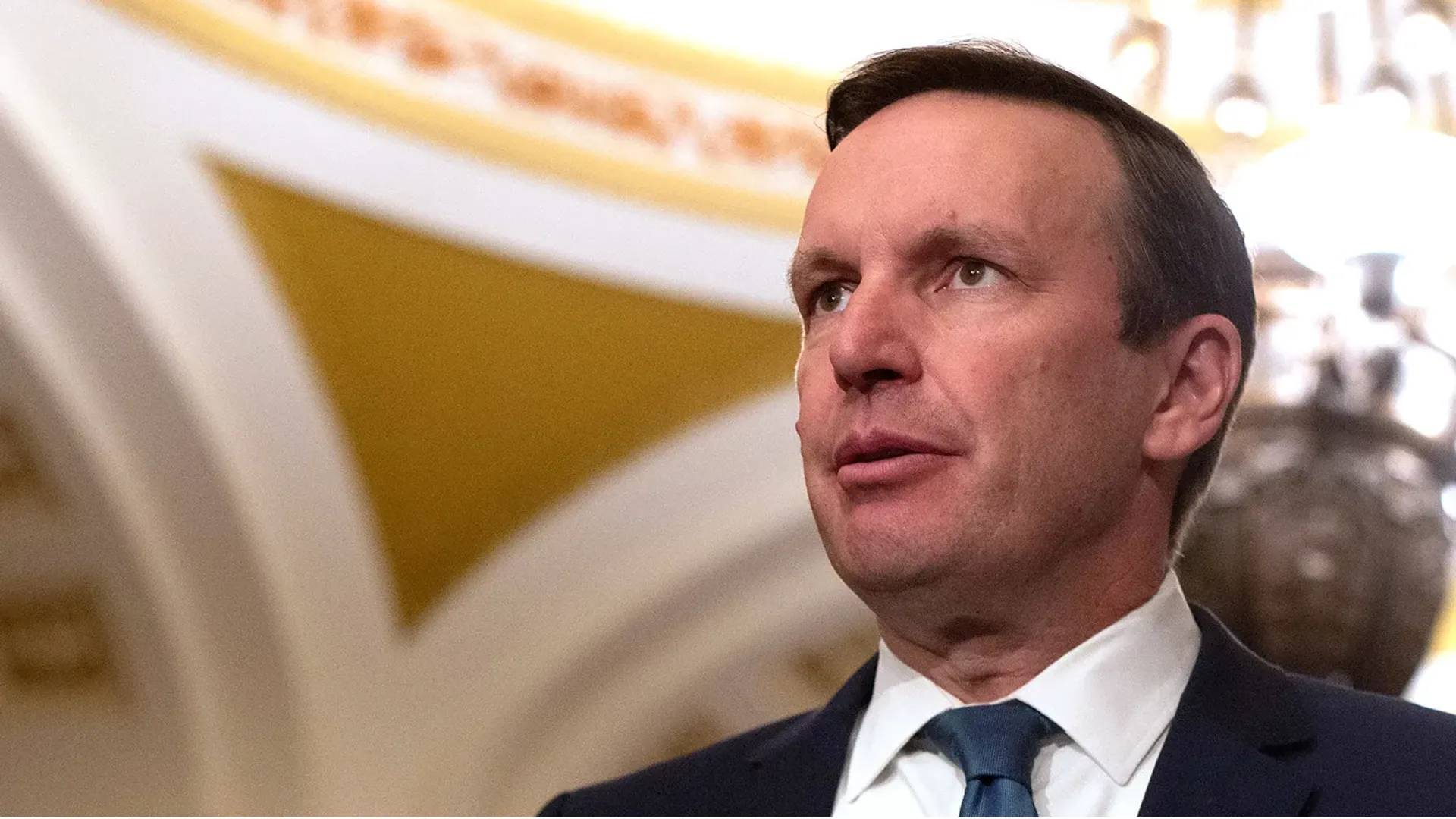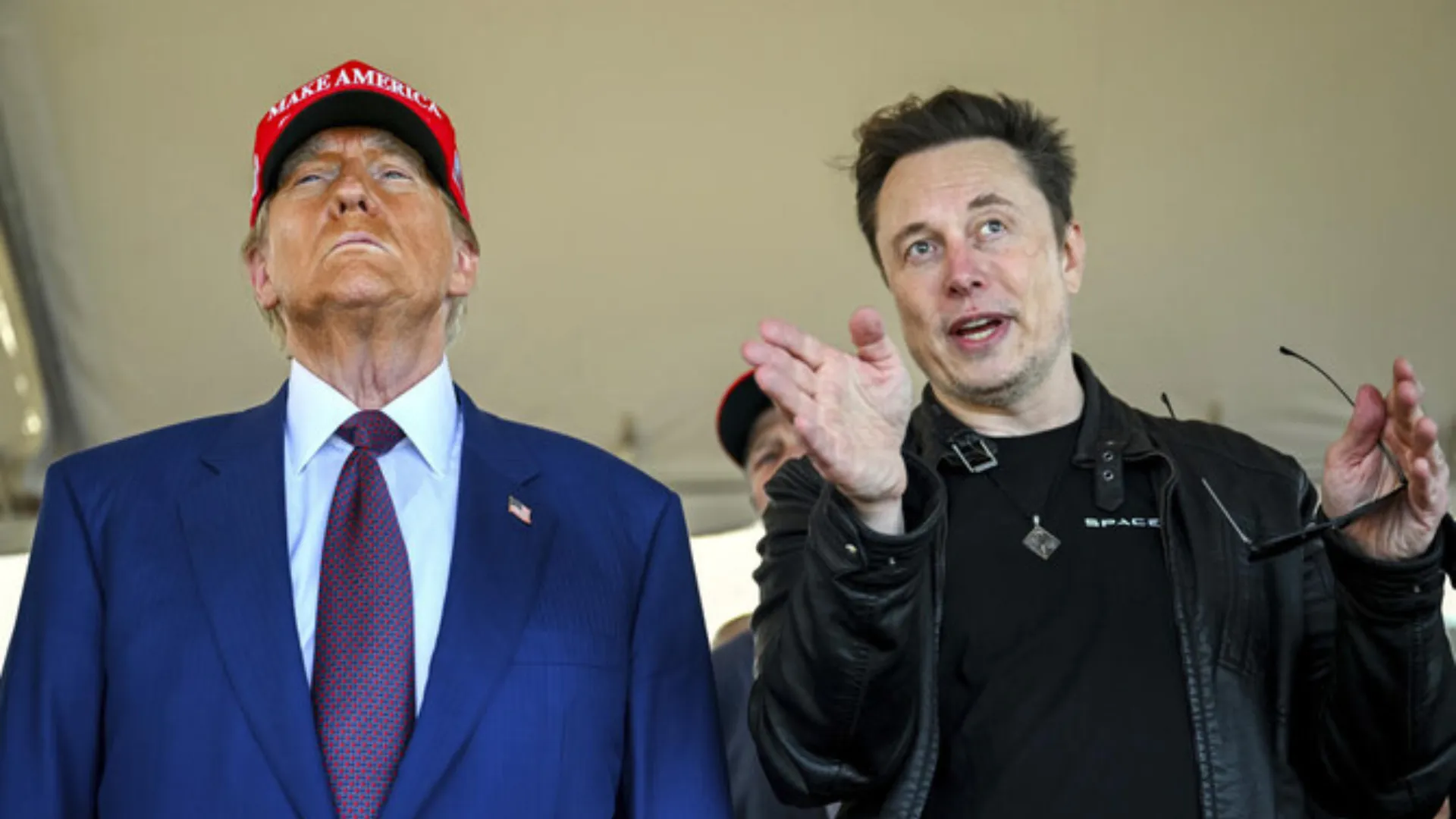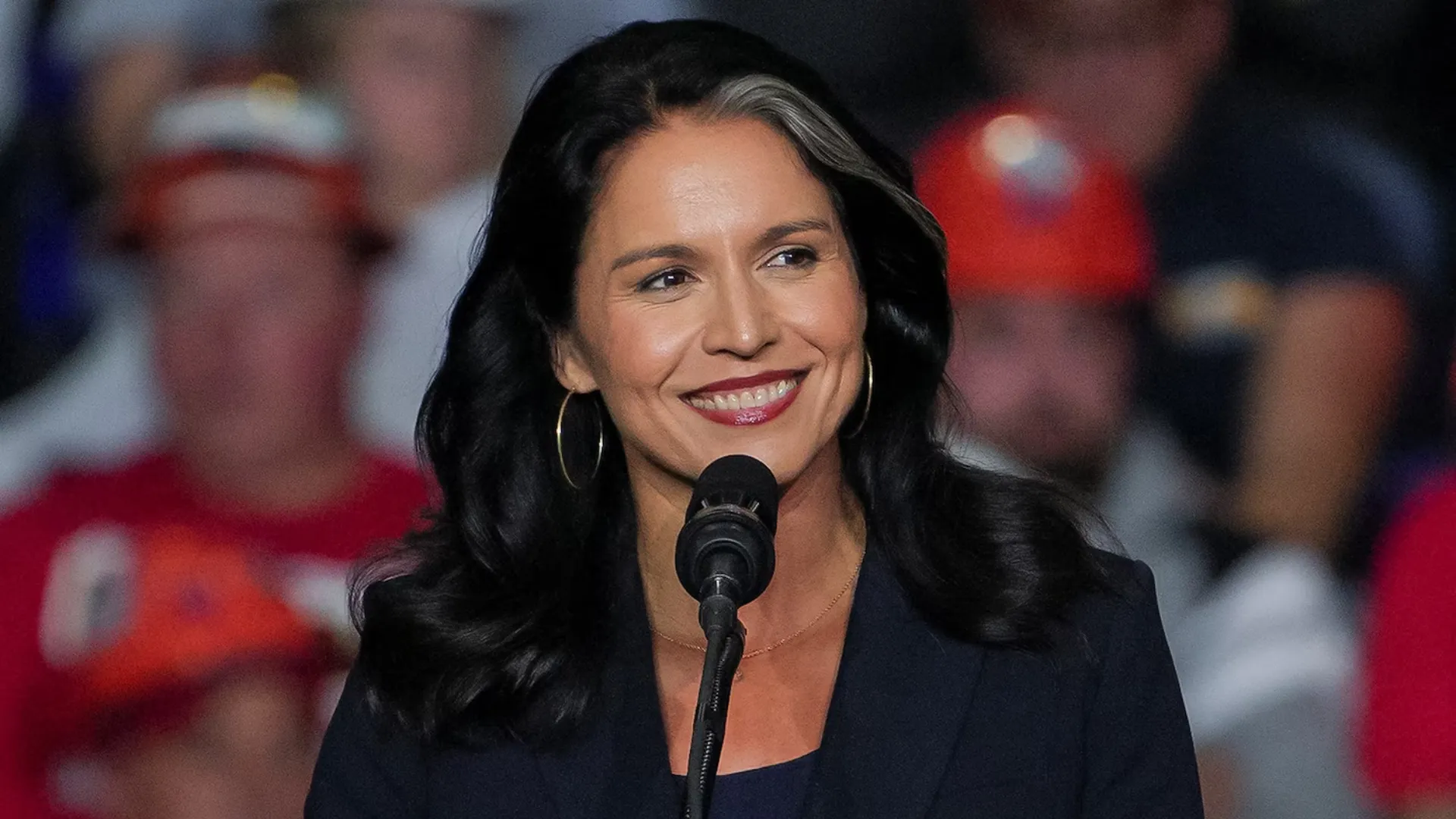
The towering gates of Harvard Yard stood quietly as a spring rain soaked the brick pathways and budding trees. But beneath the wet cobblestones and hushed libraries, a political firestorm raged — one that now threatens to reshape the future of American higher education.
Harvard University, the oldest and perhaps most iconic institution of higher learning in the United States, is embroiled in a high-stakes battle with the federal government over its commitment to diversity, equity, and inclusion (DEI) initiatives.
What began as a letter from the Department of Education under President Trump has evolved into a sweeping constitutional and cultural showdown, drawing in allies, lawsuits, and public outcry from across the political spectrum.
This week, the conflict escalated as the Department moved to freeze $2.2 billion in federal grants and contracts, accusing the university of “institutional negligence in addressing antisemitism” and “noncompliance with federal mandates related to Title VI.”
Harvard fired back, arguing that the government’s actions constitute an unprecedented overreach — one that violates the institution’s constitutional rights and undermines academic freedom.
In a moment rarely seen in academia, Harvard’s legal and philosophical resistance has galvanized a chorus of support. Stanford University and Yale University, normally its fiercest academic competitors, released statements backing Harvard’s right to self-govern.
Former President Barack Obama publicly denounced the Trump administration’s move as “an unlawful and ham-handed attempt to stifle academic freedom.” Faculty associations, student coalitions, and civil rights organizations have echoed similar sentiments.
At the heart of the controversy is a question that strikes at the core of American democracy: Who gets to decide what universities teach, whom they admit, and how they define their values?
It began, fittingly, with a letter — one addressed to Harvard’s interim President Alan Garber by the U.S. Department of Education in February. The letter demanded immediate changes to the university’s DEI programs, asserting that the initiatives fostered “systemic discrimination” and failed to provide adequate protections for Jewish students.
It also included a list of directives: elimination of race-conscious hiring and admissions policies; the dismantling of DEI administrative offices; and the implementation of federally approved curriculum guidelines in specific departments, including gender studies, Middle Eastern studies, and sociology.
Garber, a mild-mannered economist and physician with deep roots in academia, responded with uncharacteristic steel.
“This is not oversight — this is coercion,” he wrote in a statement. “We will not compromise our academic principles or constitutional rights under political pressure.”
Within hours, the American Association of University Professors (AAUP) and its Cambridge chapter announced a federal lawsuit against the Trump administration, citing violations of the First and Fourteenth Amendments.
The federal funding freeze struck hard and fast. Within 72 hours, researchers in Harvard’s medical, engineering, and climate science departments received notifications that their multiyear grants had been suspended.
Lab directors scrambled to keep international fellows on payroll. Undergraduate programs preparing summer research initiatives warned of cancellations.
Yet amid the panic, something else emerged: solidarity.
“We are standing at a moment of reckoning,” said Dr. Layla Shahidi, a Harvard historian and member of the university’s DEI council. “This isn’t just about money. This is about whether the pursuit of knowledge can exist outside of political control. Today it’s DEI. Tomorrow it’s reproductive health, climate change, or civil rights history.”
Yale University’s AAUP chapter echoed this fear in a letter to their administration, warning of “extraordinary attacks that threaten the bedrock principles of a democratic society.”

Stanford University President Jonathan Levin and Provost Jenny Martinez released a rare joint statement in support of Harvard, writing, “The way to bring about constructive change is not by destroying the nation’s capacity for scientific research, or through the government taking command of a private institution.”
For many in higher education, this united front marks an unusual shift in the often fiercely competitive world of elite academia.
“Universities typically compete for prestige, for endowment dollars, for talent,” said Dr. Marcus Rivera, a political science professor at the University of Chicago. “But this moment has forced them to recognize a shared vulnerability. If the government can threaten Harvard, it can threaten anyone.”
To the Trump administration, the battle is framed not as a constitutional crisis but as a moral and ideological crusade. In repeated press conferences and policy briefings, administration officials have painted DEI policies as “divisive,” “un-American,” and “anti-Semitic.”
A spokesperson for the Department of Education argued that the freeze was necessary “to ensure that no federal funds are used to perpetuate discrimination against Jewish students or any other group.”
The administration has pointed to rising incidents of antisemitism on college campuses, including controversial student protests and social media posts, as evidence that DEI offices are failing in their duty to protect all students.
But critics say the administration is using antisemitism as a political cudgel, not a genuine concern.
“It’s a bad-faith argument,” said Rabbi Miriam Goldstein, director of Harvard Hillel. “Yes, we must fight antisemitism — vigorously and unequivocally. But the answer is not dismantling diversity programs. The answer is inclusion, not division.”
In response to the administration’s narrative, Jewish student organizations across several universities — including Yale and Stanford — issued a joint statement calling the administration’s actions “cynical and dangerous.”
Former President Barack Obama, who rarely comments on day-to-day political news, made waves when he posted a message of support for Harvard on X (formerly Twitter).
“Harvard has set an example for other higher-ed institutions — rejecting an unlawful and ham-handed attempt to stifle academic freedom,” he wrote. “Let’s hope other institutions follow suit.”
The statement was reposted over 50,000 times and drew praise from civil liberties groups and education advocates.
Behind the scenes, Obama is said to have contacted Garber and other Ivy League presidents, urging them to hold the line.
“President Obama sees this as a defining moment — not just for education, but for the soul of democratic governance,” said a former aide familiar with the outreach.
The implications of the Harvard case extend far beyond Cambridge. Legal scholars warn that if the federal government succeeds in conditioning funding on ideological conformity, it could open the floodgates for future administrations — left or right — to weaponize funding against institutions that dissent.
“If the First Amendment means anything, it must protect academic institutions from becoming instruments of government orthodoxy,” said Nina Zhao, a constitutional law professor at UC Berkeley. “This case will shape the next century of American education.”
Already, the case has sparked debates in other states. In Florida and Texas, where Republican governors have targeted DEI programs at public universities, lawmakers are watching closely. Several red-state universities have begun preemptively scaling back inclusion programs to avoid federal scrutiny.
Meanwhile, student protests have broken out across campuses in New York, California, and Illinois. At Columbia University, students held a sit-in demanding their administration publicly back Harvard’s legal case.
Back at Harvard, Garber has doubled down on his refusal to comply. In a press conference held on campus Monday evening, he stood before the John Harvard statue, flanked by faculty members from every discipline.
“We will not allow political intimidation to determine what knowledge is worth pursuing,” he said. “We will fight this — in the courts, in the public sphere, and in the hearts and minds of every student who believes that education should be free from fear.”
Behind him, a large red banner hung from Widener Library, displaying three simple words: "We Won’t Back Down."
The phrase has since become a rallying cry on social media, trending under the hashtag #StandWithHarvard.
As the lawsuit makes its way through the courts, the academic community is bracing for a protracted battle — one that could take months, if not years, to resolve.
But if Harvard’s defenders are weary, they are also resolute.
“This is bigger than one school,” said Dr. Shahidi. “This is about what kind of country we want to be. Do we want one where knowledge is shaped by evidence and curiosity — or one shaped by fear and control?”
In the shadow of Harvard’s historic gates, as students hurried to class and cherry blossoms drifted in the wind, the answer seemed both fragile and unyielding.
For now, at least, the fight for the soul of higher education continues.



